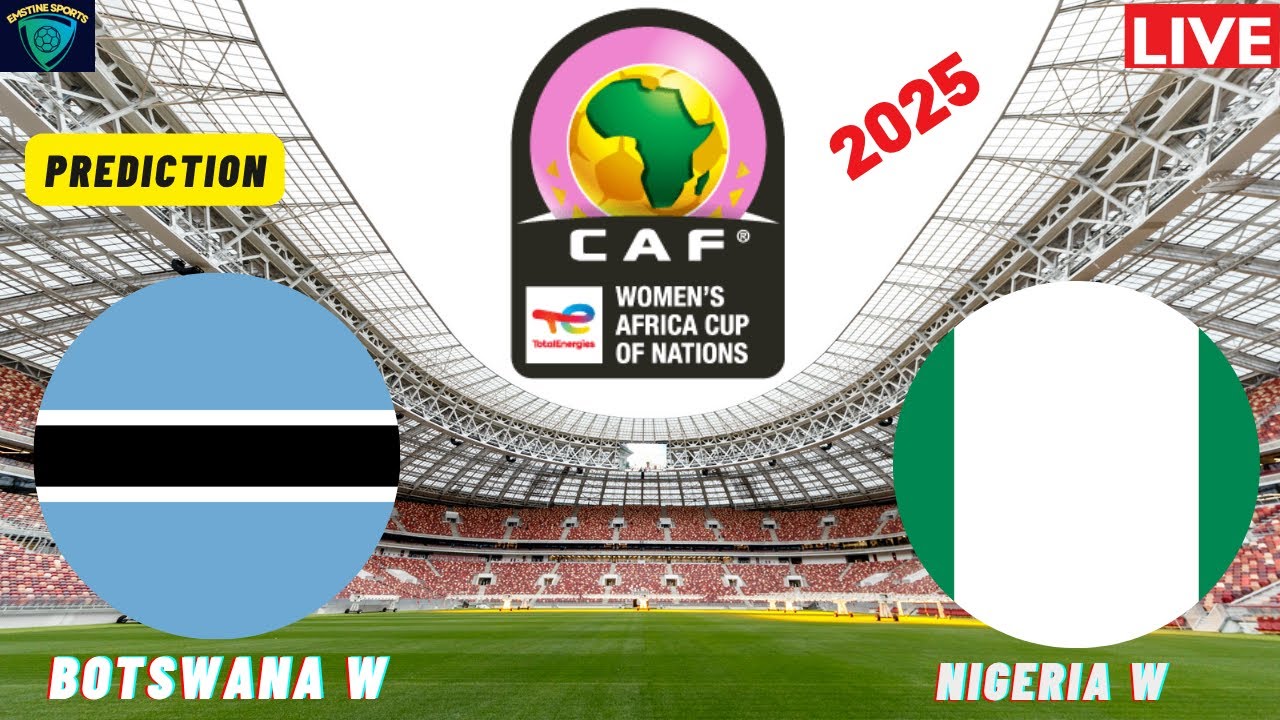
Introduction
As Africa continues to garner international attention for its diverse cultures, economies, and political structures, the comparison between Botswana and Nigeria emerges as a significant discussion point. Both countries represent distinct narratives within the continent, with Botswana known for its stable governance and economic growth, while Nigeria, with its vast population and resources, faces unique challenges. This article explores the comparative aspects of Botswana and Nigeria, highlighting their importance in African geopolitics and socio-economic dynamics.
Economic Overview
Botswana, with a population of around 2.4 million, boasts one of the fastest-growing economies in the world. The country’s economic success is largely attributed to its diamond mining industry, which accounts for a substantial portion of the GDP. In recent years, Botswana has also focused on diversifying its economy, investing in sectors such as tourism and agriculture.
Conversely, Nigeria, the most populous country in Africa with over 200 million inhabitants, showcases a different economic landscape. Rich in oil and gas reserves, Nigeria’s economy heavily relies on crude oil exports, making it vulnerable to fluctuations in global oil prices. Despite this, Nigeria has a diverse economy, with agriculture, telecommunication, and services playing significant roles.
Political Stability
Botswana is often regarded as a beacon of democracy in Africa, with a history of peaceful transitions of power and a low level of corruption. Since gaining independence in 1966, the country has maintained a stable political system, contributing to its social cohesion and economic development.
In contrast, Nigeria’s political landscape is marked by complexity and instability. Several regions face issues such as insurgency, ethnic tensions, and corruption. While Nigeria operates a federal system and holds regular elections, the challenges posed by electoral violence and political corruption have sparked ongoing debate about the health of its democracy.
Cultural Perspectives
Both nations exhibit rich cultural heritages, yet they differ significantly. Botswana, home to the Tswana people, is known for its traditional ceremonies, music, and dance, reflecting its cultural unity. Furthermore, the emphasis on communal values and respect for wildlife is evident in the nation’s popular national parks and reserves.
Nigeria, with over 250 ethnic groups, presents a more fragmented cultural landscape. Regions boast distinct languages, traditions, and cuisines, resulting in vibrant festivals and a rich artistic scene. However, this diversity occasionally triggers ethnic rivalries and conflicts, reflecting the need for reconciliation and unity.
Conclusion
In summary, comparing Botswana and Nigeria unveils a spectrum of contrasts and similarities that shape their identities on the African continent. While Botswana exemplifies stability and economic growth through responsible governance, Nigeria’s complexities highlight both its resource wealth and political challenges. Understanding these dynamics is vital for policymakers, investors, and scholars interested in Africa’s future trajectory. The juxtaposition of Botswana and Nigeria serves as a reminder of the continent’s rich diversity and the varied paths nations can take toward development and stability.
You may also like

Abhishek Sharma: The Next Big Thing in Indian Cricket

The Rise of Donovan Ferreira in Professional Golf
